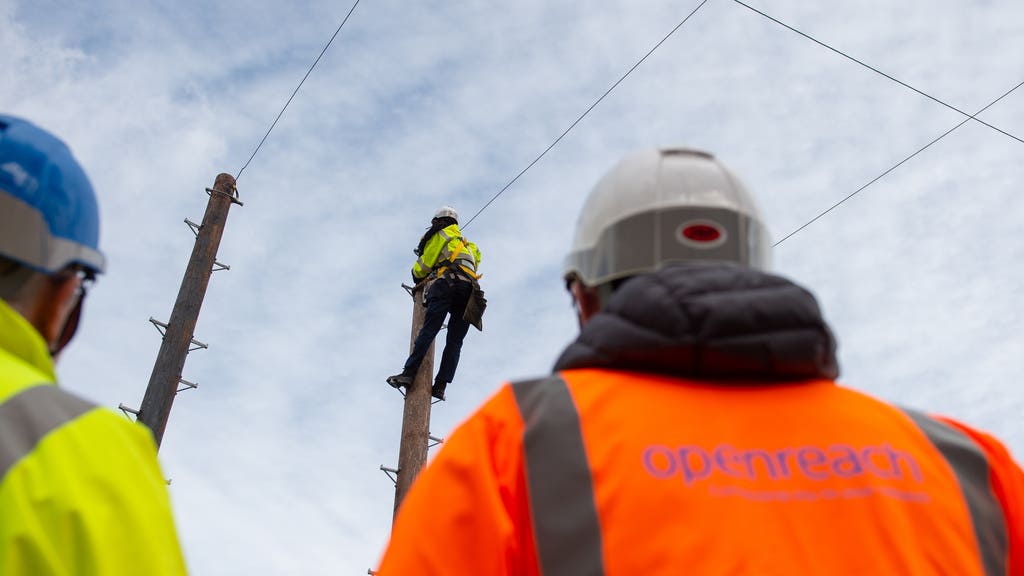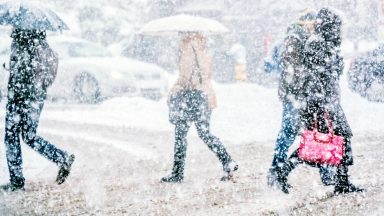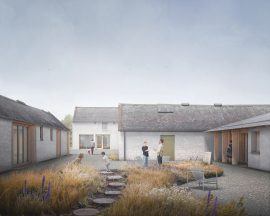“Huge” improvements in mobile coverage are promised for people in rural areas as part of the latest steps of the UK Government’s mobile connectivity rollout.
Scotland, Wales and the north east of England will see the biggest improvements under the £1bn Shared Rural Network (SRN) scheme.
The scheme was agreed between the Government and the country’s biggest mobile network operators (MNOs), with the aim of increasing geographic 4G coverage to 95% of the UK by the end of 2025.
Scotland will see the highest increase in 4G signal coverage as MNOs from across the UK will be delivered to 74% of the country’s landmass by the end of the programme, an increase from the current 44%.
Wales’ coverage will increase from a current 58% to 80%.
Northern Ireland will see 4G from all four MNOs rise to 85% of its landmass, up from 79% in 2020 – and the north east of England will see total 4G coverage jump from 68% to 86%.
On Tuesday, the Government also launched a consultation with the telecoms industry to identify any existing infrastructure which can be utilised to end “total not spots”, which are areas that receive no 4G coverage from any MNO.
In 2019, Ofcom data revealed that a third of the UK (33%) has no 4G coverage from EE, O2, Three or Vodafone – and 8% has no 4G coverage at all.
Digital secretary Oliver Dowden said: “We’re putting connecting people across the UK at the heart of our plan to build back better, through huge uplifts to mobile coverage in rural areas and the rapid rollout of gigabit broadband.”
He added that the lives of millions of people in rural areas would be improved “giving them the connections they need to work, access services and keep in touch – both at home and on the go”.
Follow STV News on WhatsApp
Scan the QR code on your mobile device for all the latest news from around the country


 PA Media
PA Media
























